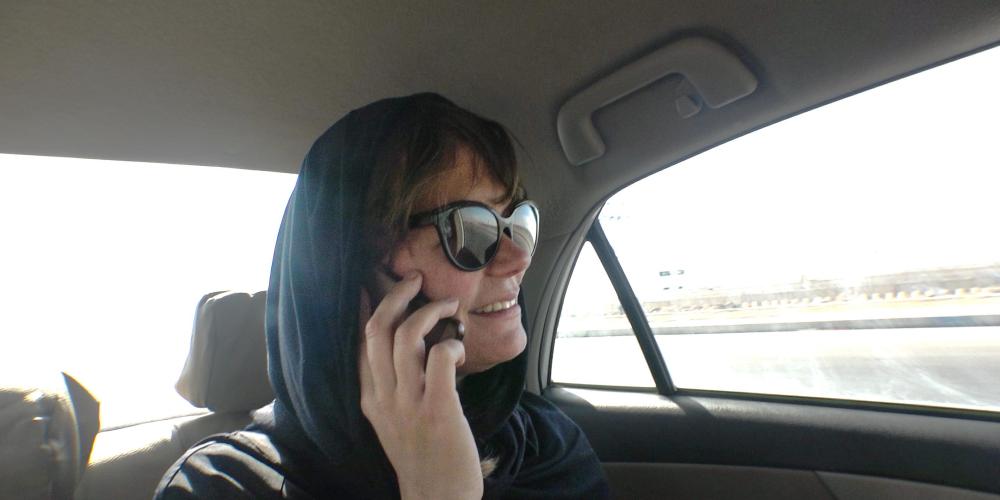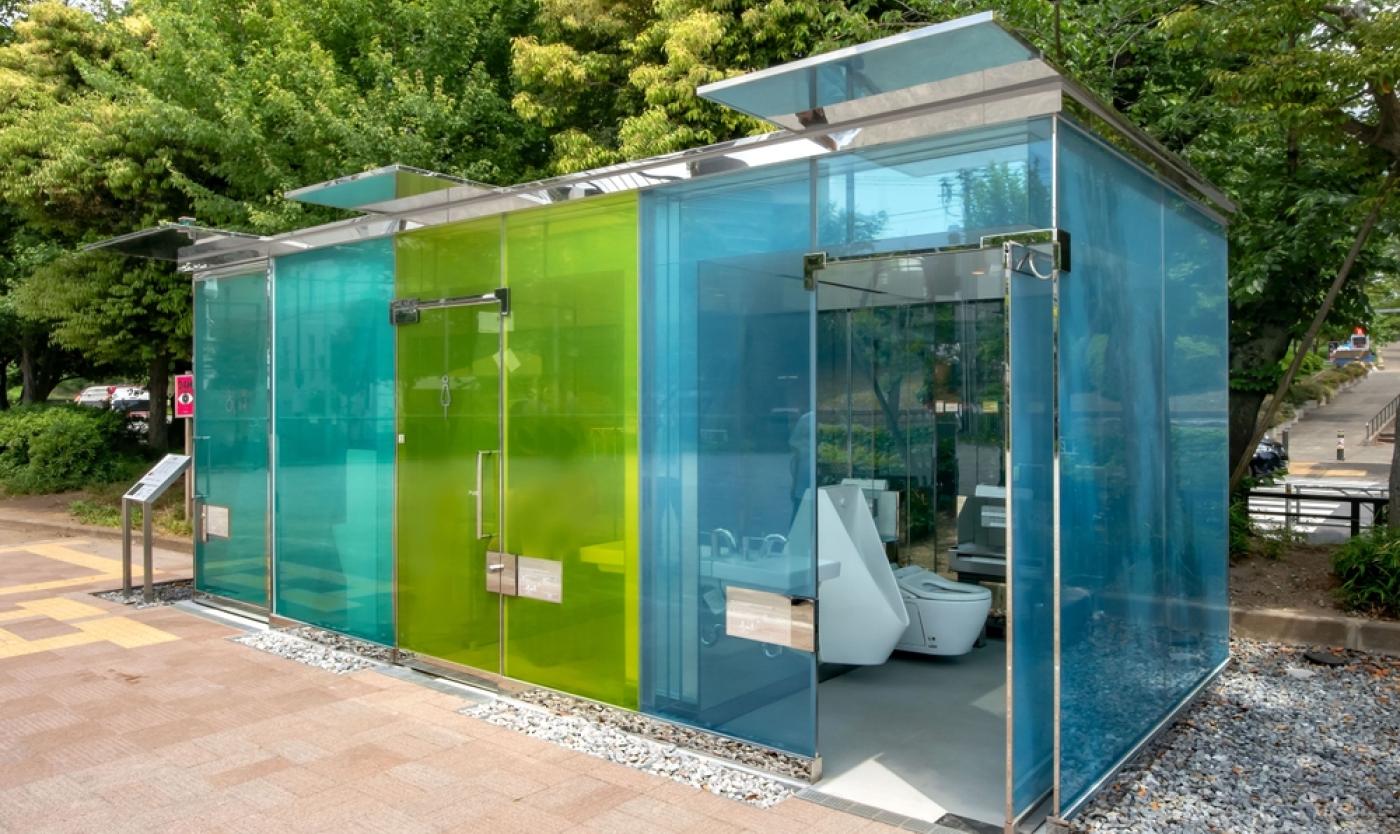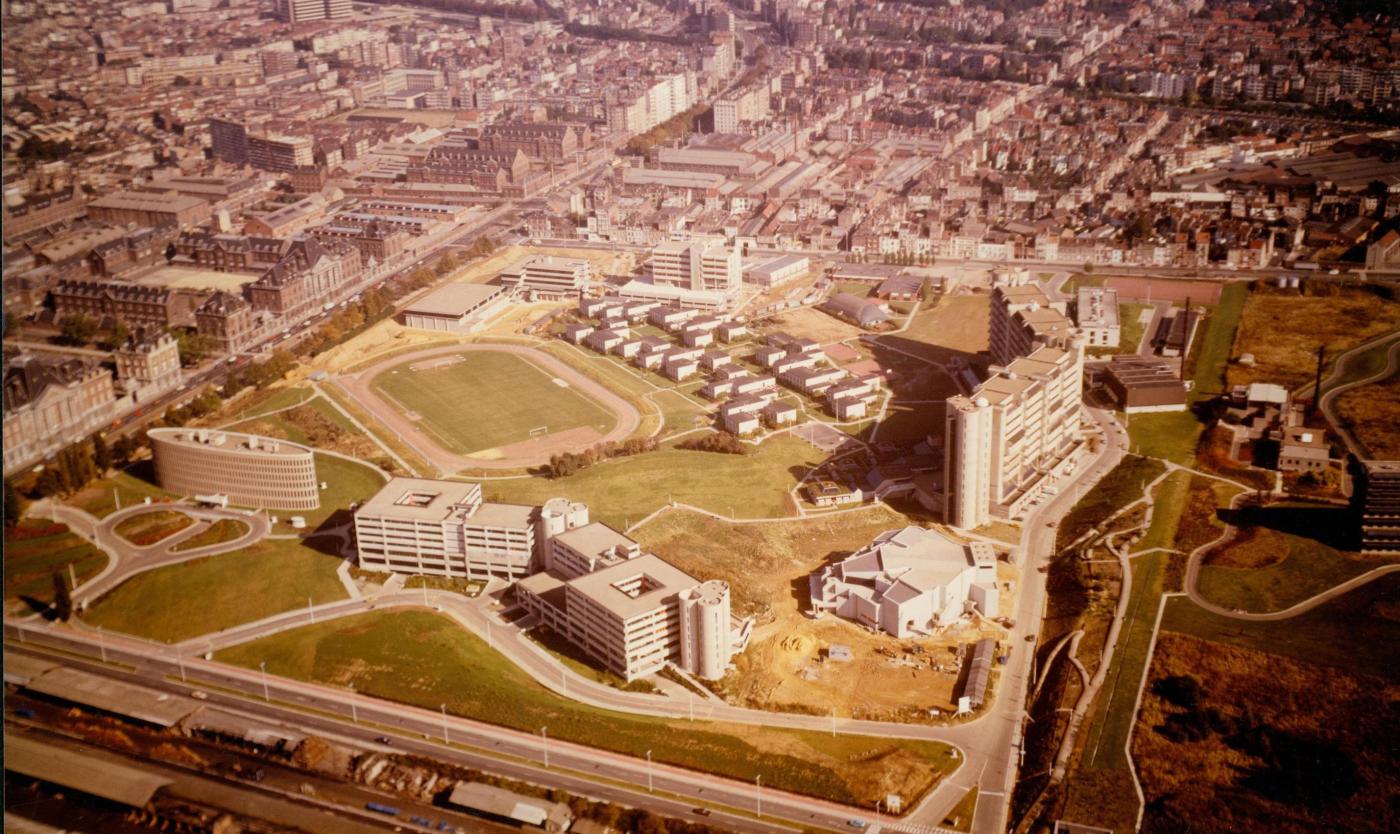
She spoke to the inner circle of former Taliban leader Mullah Omar, went for coffee every month at the Syrian embassy in Brussels and is a thorn in the side of established newspapers in America. Bette Dam is the perfect person, in the context of Difference Day, to talk about press freedom.
3 May is Difference Day
Every year, the VUB and ULB reflect on the right to freedom of expression and freedom of the press. We do this on 3 May, World Press Freedom Day, by organising Difference Day and presenting the Difference Day Honorary Title for Freedom of Expression. The 2024 event is the 10th edition.
As an intro, this has at least caught your attention. Yet this is not the kind of journalism Bette Dam is interested in. “Speaking to ‘the enemy’ is part of the job,” she says. “Something every war reporter is supposed to do. So it’s not that special.” Dam has almost completed her PhD in contemporary war journalism at the VUB and travels the world reporting and writing books: A Man and a Motorcycle, The Secret life of Mullah Omar and Looking for the Enemy. Her specialisations are the Middle East, Syria, Afghanistan, Taliban, al-Qaeda and other Islamic groups.
Why did you choose to pursue your PhD at VUB?
“After a long stay in the hectic Afghanistan, I found Amsterdam in 2015 too big a transition. Since I teach in Paris, I was looking for a new place to live and work. Moreover, I wanted to do more research on how the media work, because I was so perplexed by their operations in Afghanistan. I started randomly googling ‘media’ and ‘Brussels’ and came across a vacancy for a PhD at the VUB. I was able to keep my job in Paris, where I teach Unthinking Afghanistan at Sciences Po. I try to make my students aware of how knowledge and news are produced. After all, we take too much for granted when it comes from the big US media. As a result, we end up in a kind of echo chamber. The New York Times writes something that often exclusively comes from US sources. Various think tanks then jump on that, followed by a government policy paper. Then another major newspaper picks it up, whereupon Amnesty International and Human Rights follow. By the way, both organisations have set themselves up as very white in their Afghanistan records by leaning a lot on Western sources and values and looking at Afghanistan through that lens. I show my students that, and have them check articles that appear in the press.”

Photo: Chantal Ariens
“We don’t talk with the Global South, we talk about them. That is almost neo-colonial thinking”
What is the US press doing wrong?
‘I was recently at the pro-Palestinian demonstration at Columbia University. If you see the reports you can see how the press works: photos were taken from below, which increases the threatening effect of the protesters, and they were photographed in groups, making it look like the whole campus is full of tents. In reality, this is a very well organised and peaceful protest. There are very good freelancers and investigative journalism projects, but breaking news needs a thorough re-evaluation. For example, if your newsroom consists of people from one country and they suddenly have to go to another country, but you have no clue about the history and culture there, it is difficult to remain objective. My PhD shows that many news journalists from the West think they are neutral in such a situation. But if you constantly lean on one side of the story then you hurt the subject or country. You can train the media in these areas, but the question is whether that is better. Isn’t it better to look at ourselves first? We as American or Western media define the image about the Global South. We don’t talk to them, we talk about them. That is almost neo-colonial thinking.”
Could one of the reasons be that Western journalists find it difficult to gain access to the other side in a conflict?
“Certainly, that is also a possibility. Especially when you are being interviewed by someone who does not know you or has an angle in mind that was conceived in a far-off foreign country: America, for example. I see in my PhD research that, as a result, the reputation of Western journalism is declining and access for Western journalists is becoming more difficult.”
Do our own media lack resources or is it laziness?
“When I read the reviews of my Omar book, it was mostly praise for my hard work. But I didn’t actually do anything special. That story was out there and nobody else picked it up. I think it is a combination of worldview and assumptions about the conflict – mostly founded on a Western narrative about terror and counter-terror. The Taliban were monsters and that was the end of it. American journalism can be quite outspoken. Ideally, a journalist distances themselves from their own government. Nationalism or patriotism is something you should avoid. However, your audience is in your home country and so editors ask about the national link. It makes for one-sided and therefore inaccurate reporting.”
“The black-and-white image was constantly communicated that we were good and the Taliban were bad”
What about press freedom in Afghanistan?
“The current absence of press freedom is an outcome of Western interventions that have left the country in a mess. The intervention after 9/11 was based on misinformation and revenge after the attack on the US. The result is that the Taliban returned. My PhD is about the impact of Western reporting. It constantly communicated the black-and-white image that we were good and the Taliban were bad. More research now tells us that the Taliban and former president Hamid Karzai had actually come closer together after the fall of the Taliban and accepted amnesty in exchange for peace. Investigative journalism tells us that many attacks in Afghanistan were not against Western ideology, but that the massive presence of US weapons fuelled local rivalries, killing many innocent civilians. These attacks were consistently attributed to the Taliban in newspapers. Those newspapers were read in the US Congress and therefore it was legitimate to send more troops.”

Photo: Joost Conijn
Who were you working for in Afghanistan?
“I was mainly a slow journalist and spent most of my time there on two books. For my first book on president Hamid Karzai and how he came to power, A Man and a Motorcycle, I spent two years doing interviews. At the time, I was also working for NRC Handelsblad, but after two years that was no longer what I wanted. The Dutch link – following some Dutch troops – that wasn’t Afghanistan for me. I got a new contract at publisher Bezige Bij for the Omar book and in the meantime I did a lot of last-minute news as a freelancer for CNN, Al Jazeera, NOS and VRT, among others.”
Why your interest in war journalism?
“Pure ambition and a drive to see the world. 9/11 turned my worldview upside down. I couldn’t understand how anyone could hate America so much. I freelanced on the hot topics. Iraq in 2003, Afghanistan in 2006. That’s where my eyes were opened and my worldview changed. I kept doing my job but became a kind of evangelist about listening to the other side.”

Photo: Joost Conijn
We live in a polarised world: we only follow news that reinforces our own opinions, don’t we?
“That is a trap for everyone, for me too. The journalist has to keep giving all sides of the story. I think this is ultimately appreciated by the reader. Russia’s invasion was accompanied by a lot of emotion in newspapers in the US. Sometimes I felt Russia had also become their enemy. It is not easy to maintain distance, but being a journalist is not an easy profession. It is hard work to reflect the ideas of Russia, of the government, of the citizens. You have to find alternative ways: and I don’t see that urge enough.”

Photo: Joost Conijn
“Governments and journalists have become so dependent on each other. I give you a scoop, you remain a loyal journalist, etc. This creates self-censorship”
Do Western journalists make too little use of their press freedom?
“We have to cherish our freedom. Nobody asks a journalist to call Washington DC first. Yet that happens a lot. Western officials are most frequently quoted in reporting on Afghanistan. I saw in Kabul that the Washington correspondent was very influential. You also see those government connections with journalists in The Hague or Brussels. They have become so dependent on each other. I give you a scoop, you remain a loyal journalist, etc. This creates self-censorship.”
What is the ultimate goal of your PhD research?
“It will be a book that no one will read! But the outcome is a guide for our media to keep reflecting in their war reporting. With Columbia University I’ve found two major newspapers in New York that are willing to reflect on their Afghanistan coverage. That is unique and promising.”
The World Needs You
This initiative is part of the public programme of VUB: a programme for everyone who believes that scientific knowledge sharing, critical thinking and dialogue are an important first step to create impact in the world.
As an Urban Engaged University, VUB aims to be a driver of change in the world. With our academic edcuational programmes and innovative research, we contribute to the Sustainable Development Goals of the United Nations and to making a difference locally and globally.

